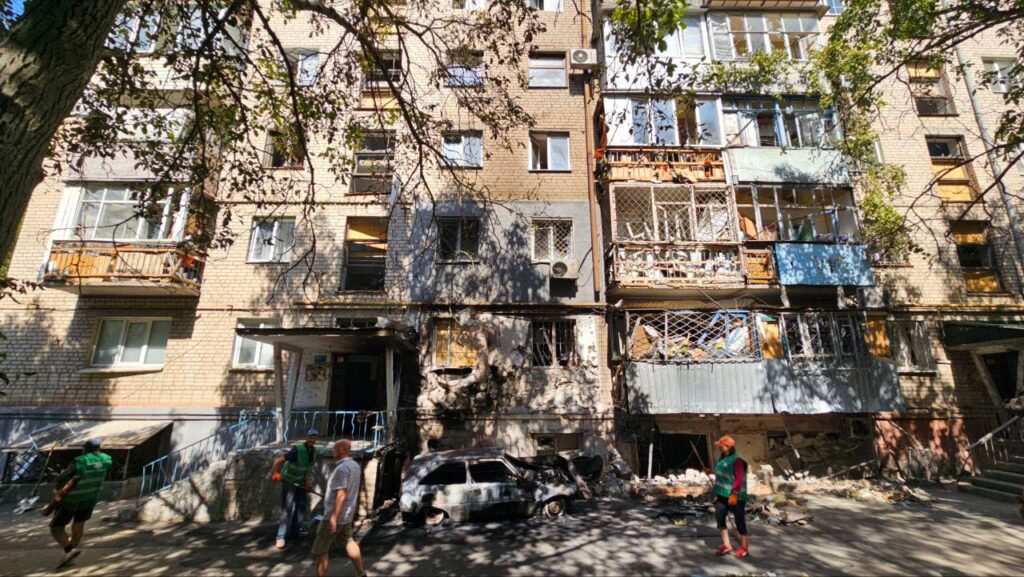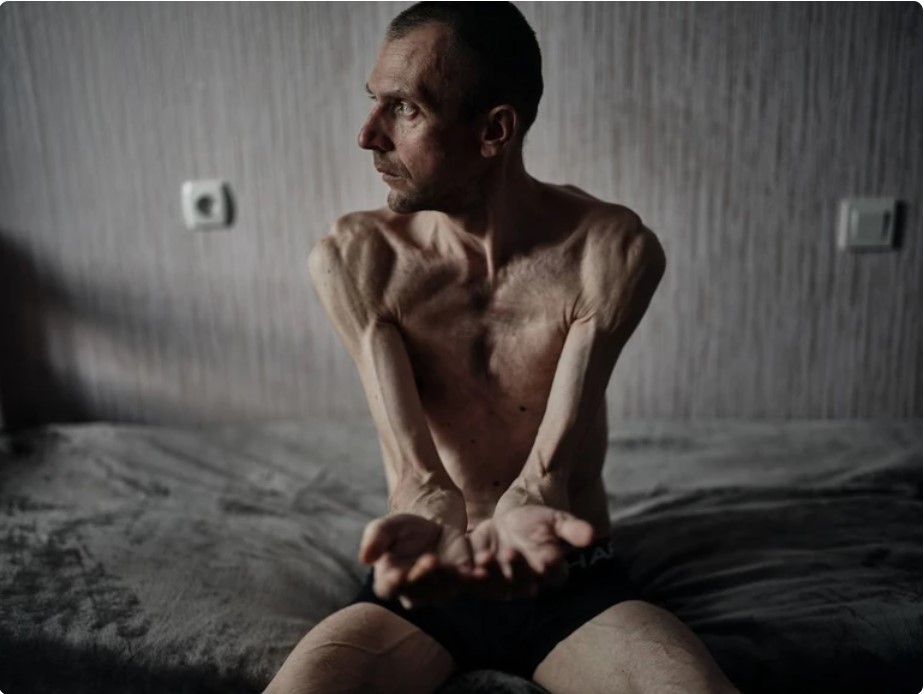Europe prepares war reparations for Ukraine — but Russia doesn’t want to stop war

The Council of Europe is preparing the International Claims Commission for Ukraine. The draft Convention has been published. The new agency will serve as the second stage of the international mechanism to compensate for damages caused by Russian aggression, following the international Damage Registry.
In July 2025, Ukrainian Defense Minister Denys Shmyhal stated that the cost of rebuilding Ukraine has reached $1 trillion. Since Russia shows no willingness to end the war, despite at least six calls from US President Donald Trump to Russian President Putin and an invitation to Alaska, the war of attrition continues, and total damages will keep rising.
The Commission will review claims and assign compensation to war victims, with Russia expected to pay reparations at the third stage. The document was agreed upon in The Hague after eight rounds of negotiations over 18 months.
International Commission and damage registry
The Convention covers the period from 24 February 2022, but Ukraine may propose extending it to 2014–2021, Babel reports. In 2014, Russia annexed Ukraine’s Crimea, forcibly changing the borders of another country and violating the international order established since World War II.
Key dates for the convention
- 22 October 2025 — Committee of Ministers of the Council of Europe to review and approve the text.
- 16 December 2025 — Signing ceremony in The Hague.
- The Convention may enter into force as early as November 2026.
Start of commission work and compensation payments
On 1 January 2028, the transition from the Damage Registry to the Commission will begin, allowing Ukraine to continue seeking reparations from Russia and protecting the rights of its citizens at the international level.
Earlier, Polish Foreign Minister Radosław Sikorski said providing security guarantees for Ukraine remains unclear, as no state “is willing to wage a war against the Kremlin.”
Sikorski recalled that Ukraine already had guarantees under the Budapest Memorandum, but they failed. The new arrangements, in his view, are also incapable of deterring Moscow.
“I don’t see anyone willing to fight with Russia”: Sikorski explains why security guarantees for Ukraine may fail like Budapest Memorandum

